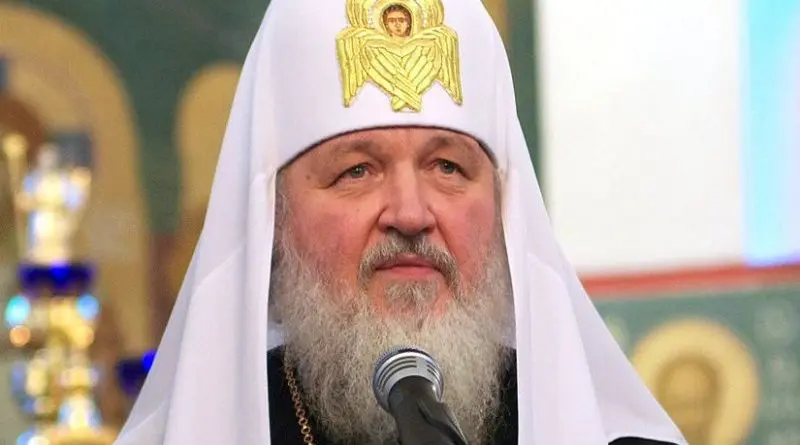Public Support For Orthodox Church In Russia Collapsing – OpEd
By Paul Goble
At least among residents of the Russian capital, public support for the Russian Orthodox Church of the Moscow Patriarchate is collapsing, according to a study by the Institute of Socio-Political Research of the Russian Academy of Sciences, a trend for which there are at least five major reasons, Aleksey Makarkin says.
The Academy of Sciences study finds that between 2015 and 2020, the share of Muscovites who trust the ROC MP fell from 55 percent to 28 percent. Among believers, the share fell from 72 percent to 43 percent; and among non-believers, from 15 percent to only five percent.
The Moscow analyst who frequently comments on social phenomena that have a significant impact on high politics in that country points to five reasons which he says lie behind what can only be described as a collapse in confidence in the Orthodox Church in Russia (kasparov.ru/material.php?id=62FDD04599869§ion_id=50A6C962A3D7C):
First, he says, many who turned to the church at the time of the collapse of the Soviet system in their search for a new source of values have turned away in disgust at what they see in the church itself. Its leaders, they feel, have discredited themselves by the positions they have taken on political issues.
Second, the rising generation is increasingly consumerist in its approach to all things including religion. It no longer feels the church has much to offer it; and so it turns to other segments of social life. Third, religion therefore has come to occupy a much less significant place in the Maslow hierarchy than it did a generation ago.
Fourth, the idealized image of the church as heroically resisting the state, an image that was widespread in the early 1990s, has dissipated. It has come to be viewed as a corrupt institution worried more about taking care of its employees rather than showing any concern for believers.
And fifth, Makarkin concludes, as the church’s own surveys have found, fewer and fewer Russians over the last 30 years know the name of their parish priest or even what parish they are part of. This “depersonalization” of the church has the effect of making it less influential than it was only a few years ago.

